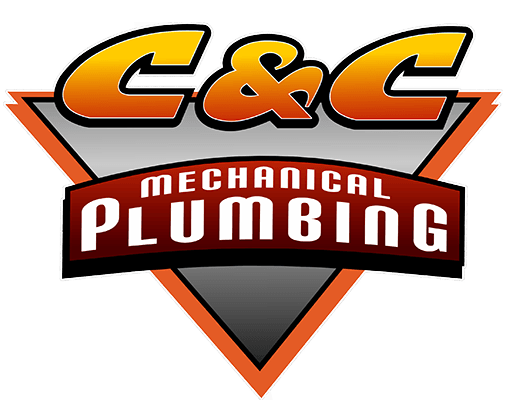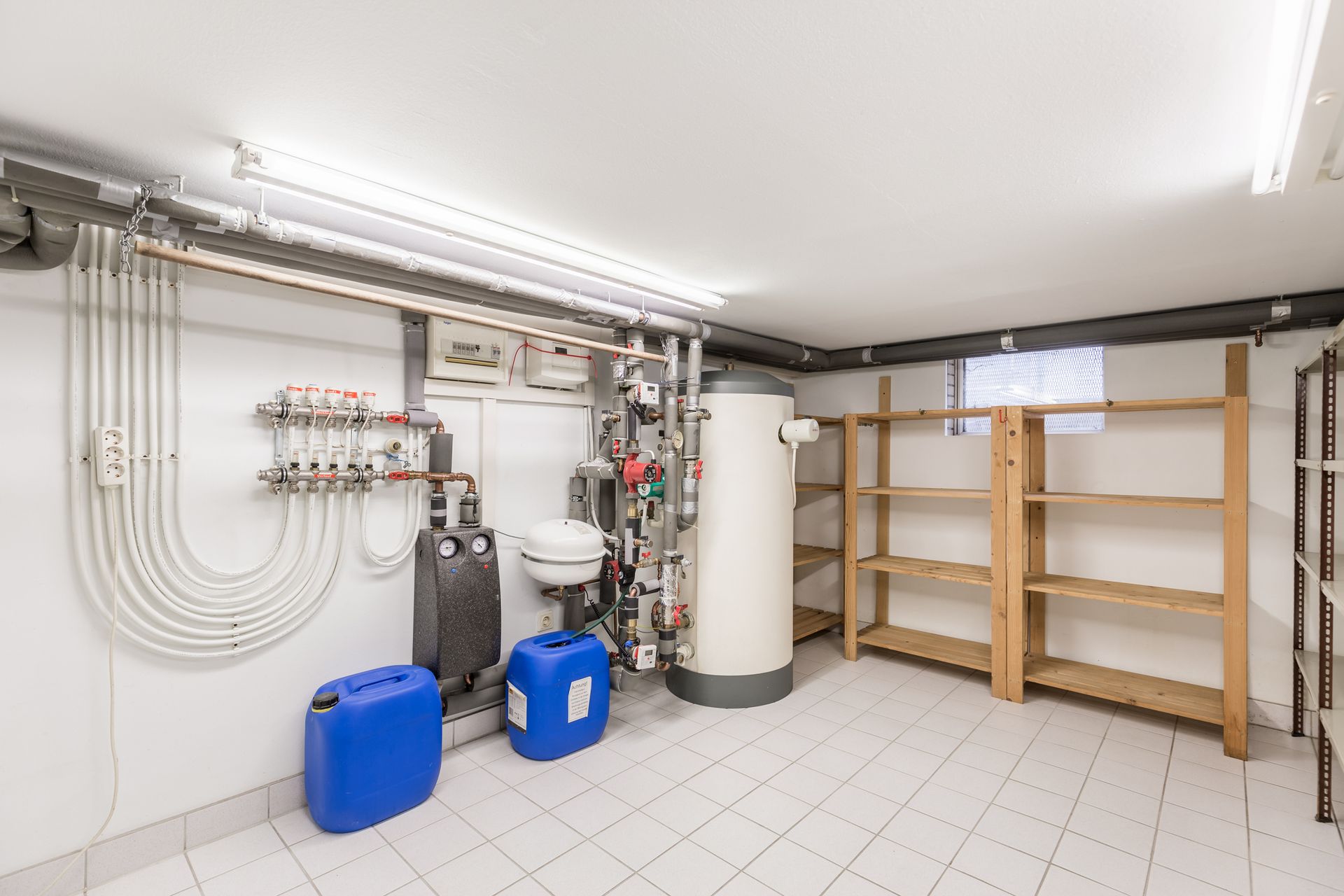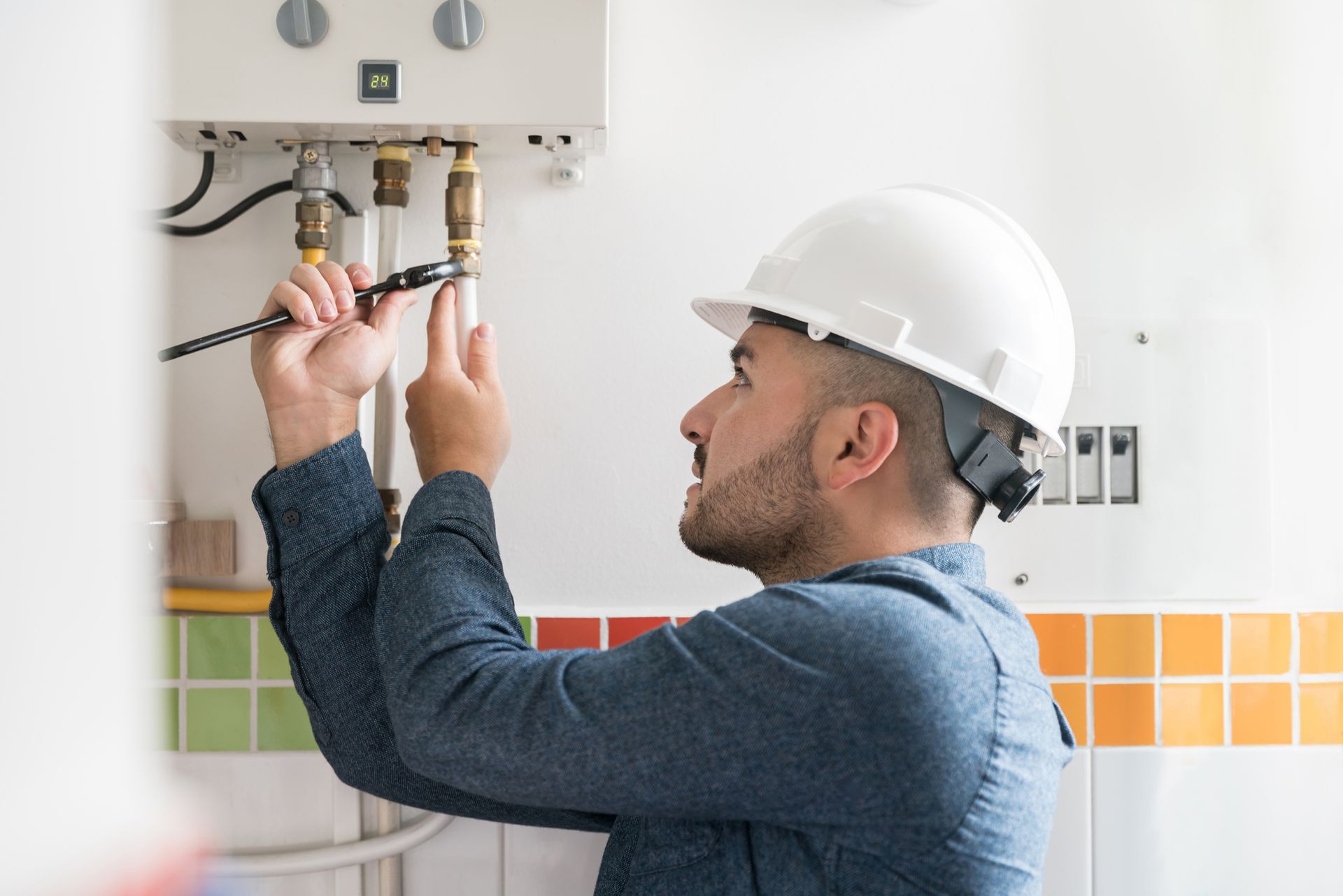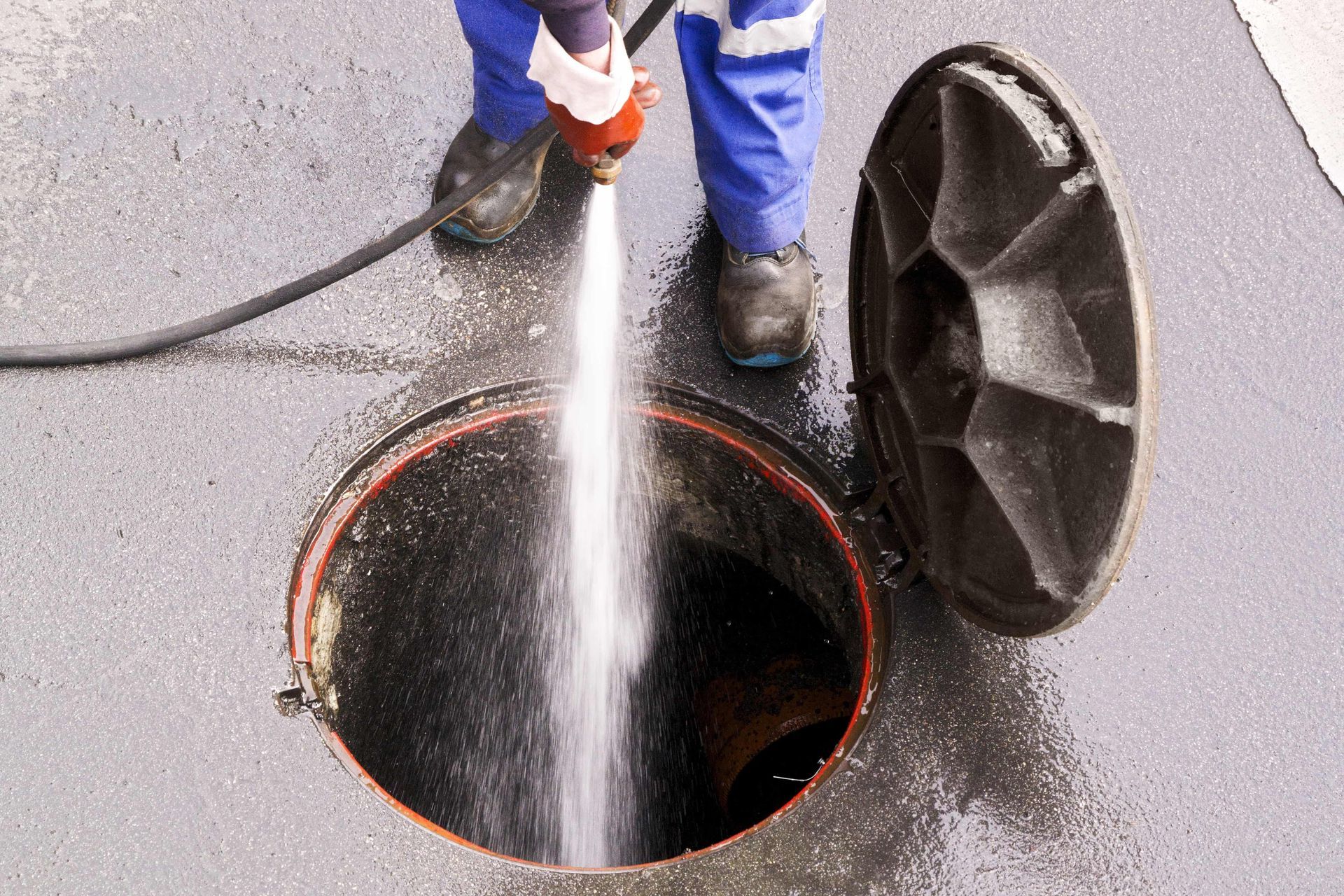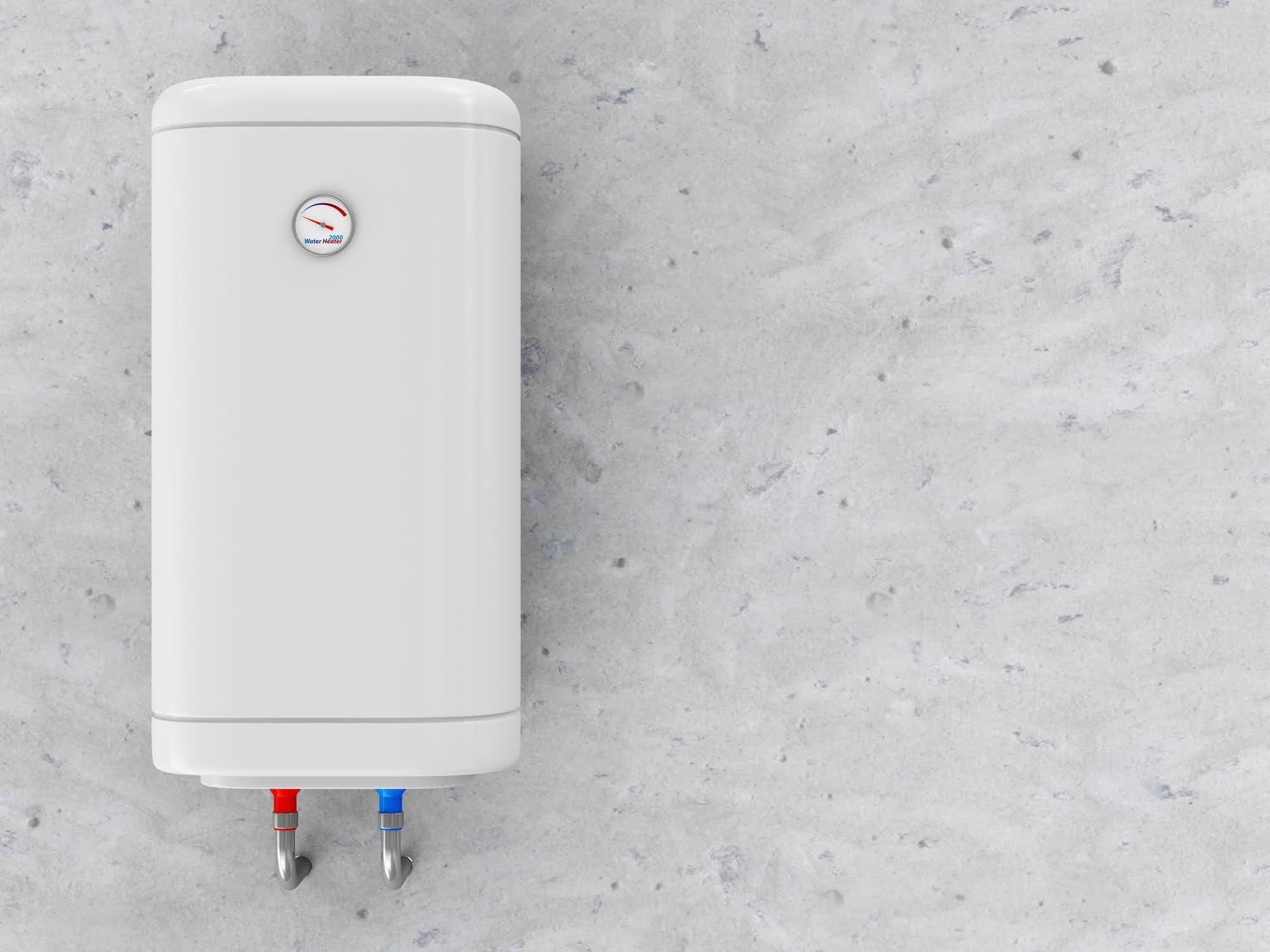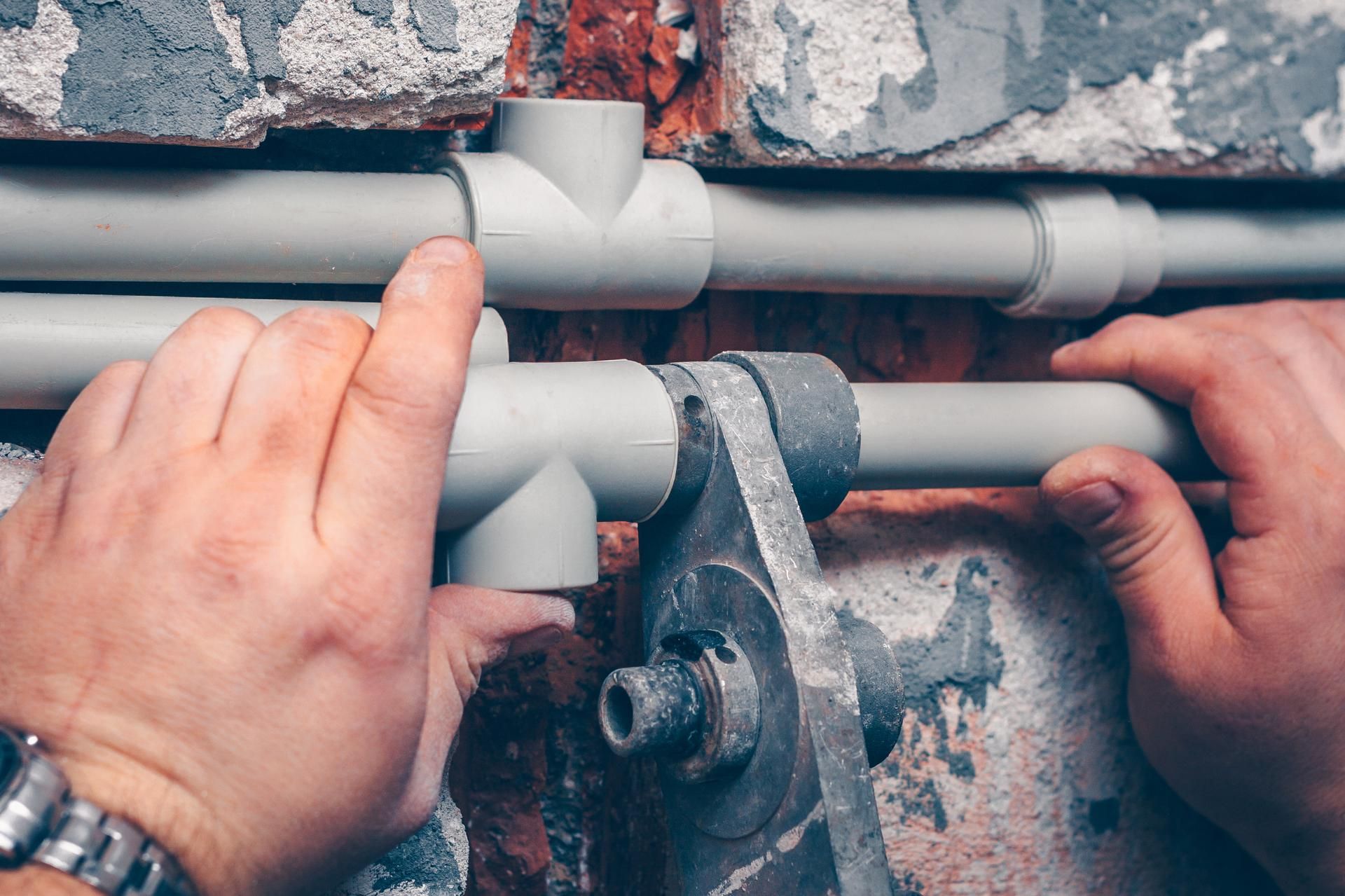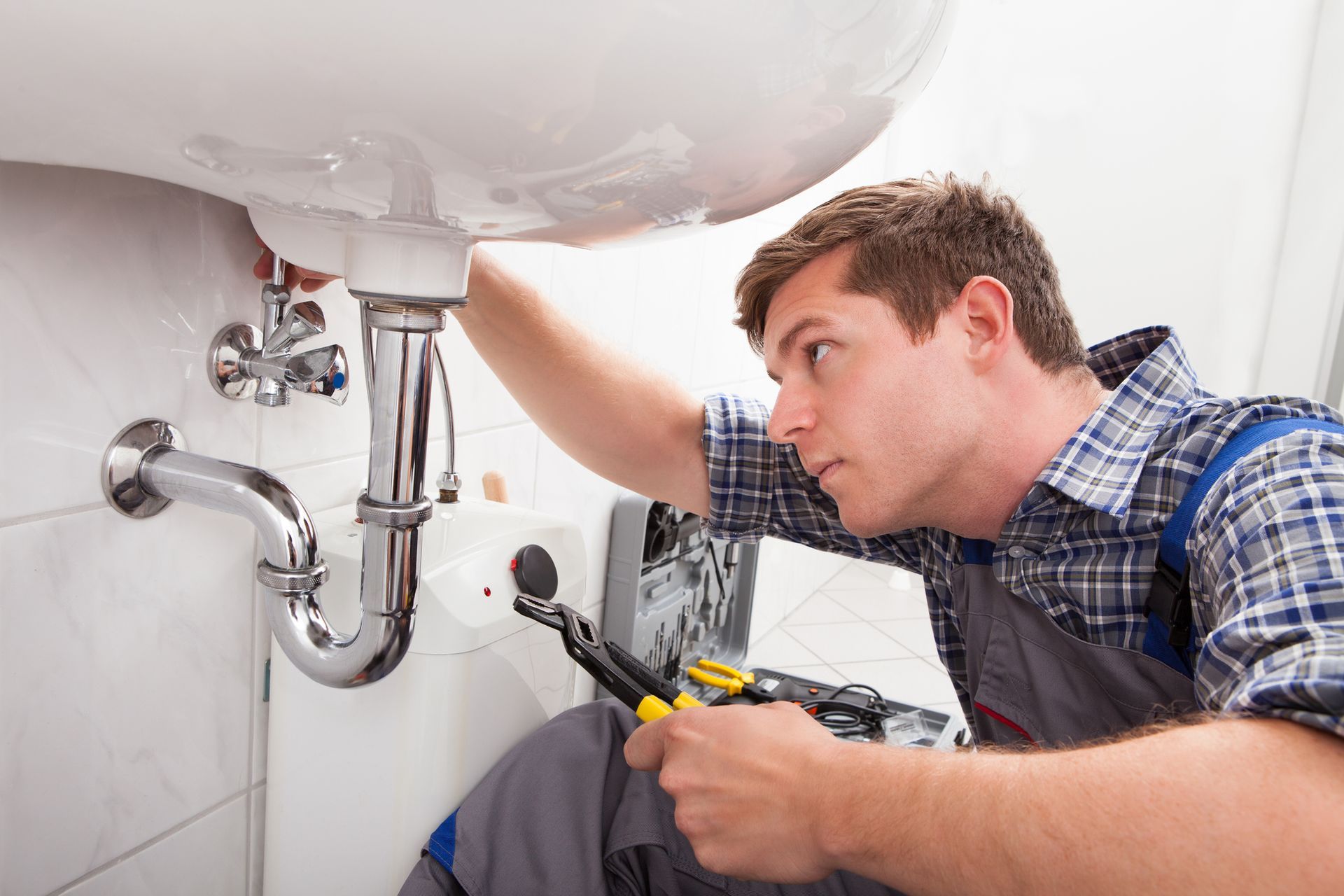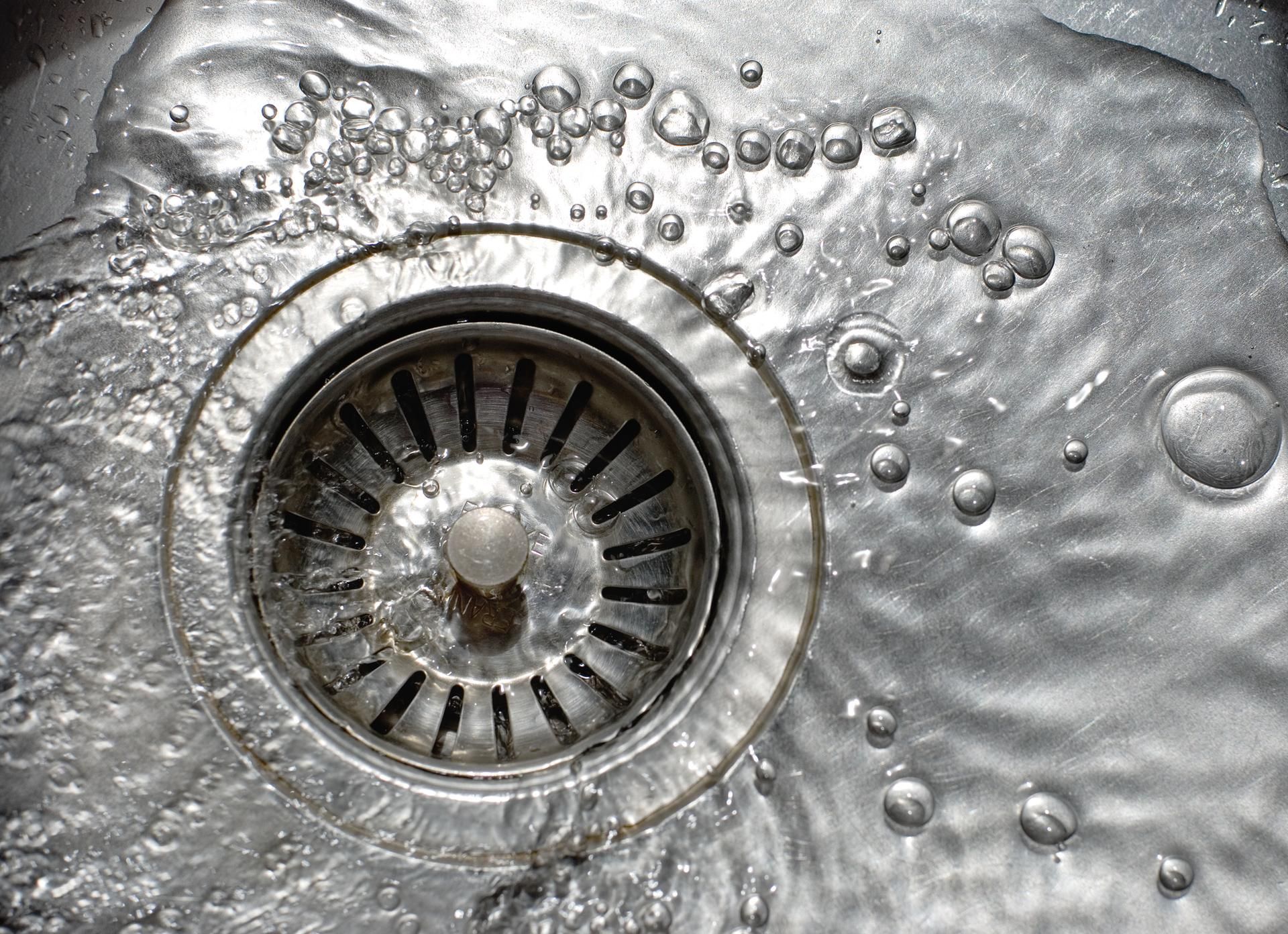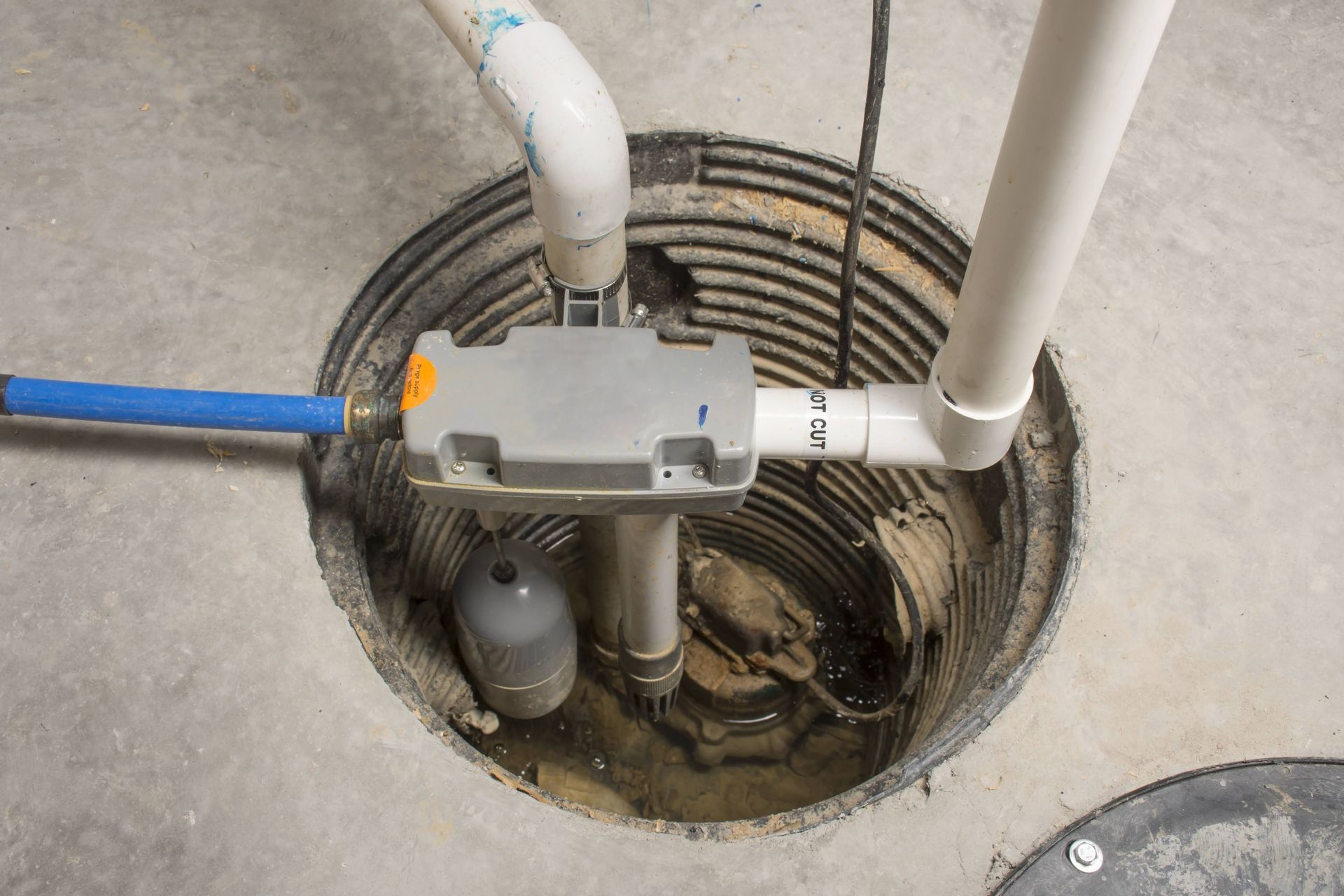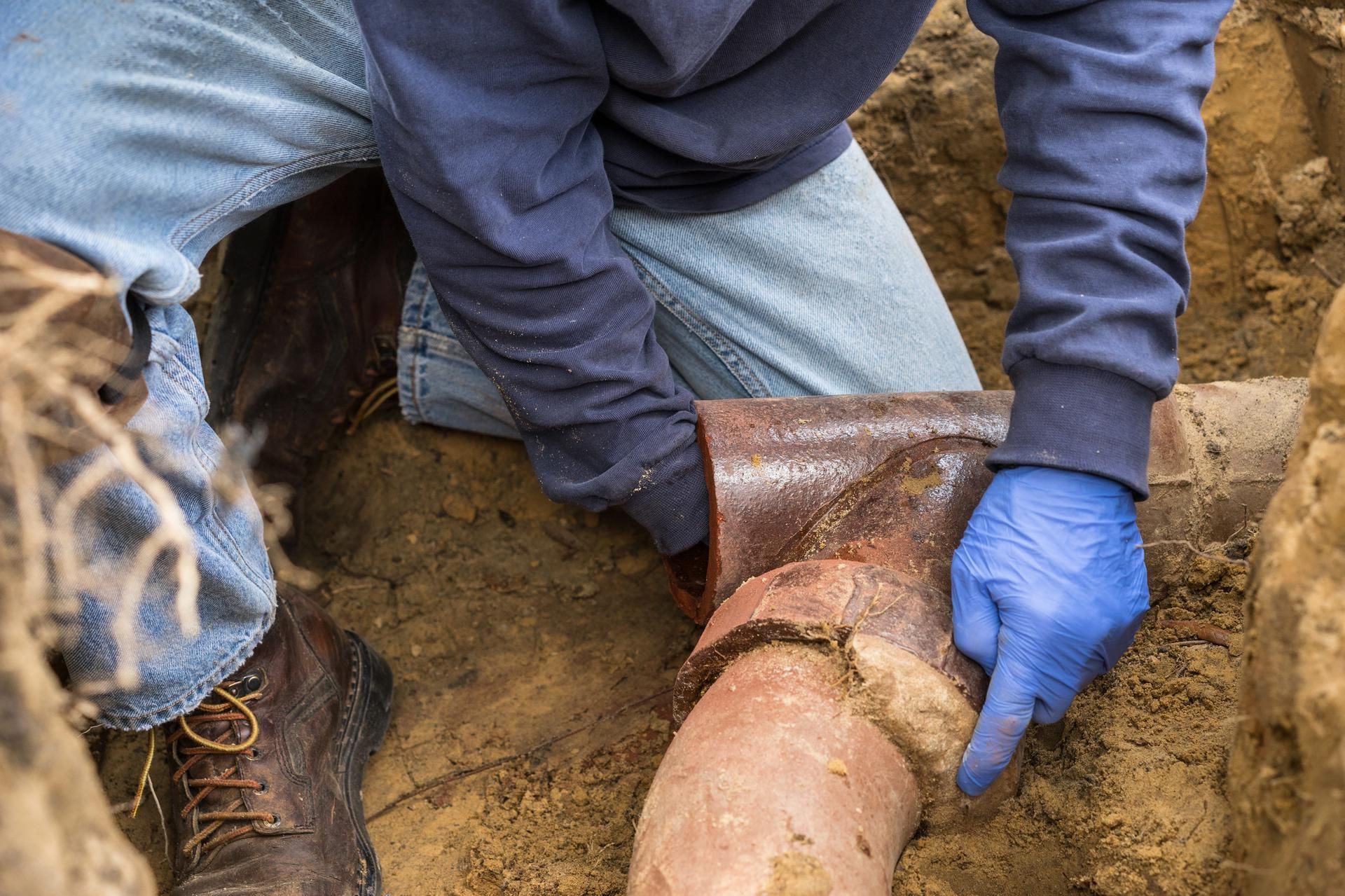What To Know About Installing A Sump Pump In Your Home
If you've ever dealt with a flooded basement or excess moisture in your home, you understand the headaches and costly repairs that come with such situations. A sump pump is one of the most effective tools for keeping your property dry and secure. But what exactly is a sump pump, and why should you consider having one installed? Let's delve into the details.
What Is A Sump Pump?
The primary function of this device is to prevent flooding by pumping out water that collects due to rain, melting snow, or groundwater seepage. Once the water reaches a certain level within the sump pit, the pump automatically activates and directs the water away from your home through discharge lines.
Why Should You Install A Sump Pump?
The installation of a sump pump offers numerous benefits for homeowners. First and foremost, it serves as an essential safeguard against basement flooding. By keeping excess water at bay, you significantly reduce the risk of structural damage to your home's foundation—a problem that can lead to costly repairs if left unchecked.
Beyond preventing floods, sump pumps also help maintain optimal moisture levels in your basement or crawlspace to prevent drywall rot and mold exposure. Excessive dampness can create an environment conducive to mold growth, which poses health hazards and can damage anything stored in these areas over time. By maintaining dryness, you enhance indoor air quality and protect personal belongings.
Moreover, for those living in flood-prone regions or areas with high water tables, a sump pump is especially critical. It provides peace of mind during heavy rains or when snow melts rapidly, ensuring that your home remains dry even under challenging weather conditions.
Why Should You Have A Sump Pump Installed Professionally?
While some homeowners might be tempted to take on the task themselves, professional installation of a sump pump is highly recommended. Plumbers have the expertise required to choose the right type and size of pump for your specific needs as well as ensure proper placement within your basement or crawlspace. They will ensure your sump pump is maintained after installation as well.
Professional installers are also well-versed in local building codes and regulations. This knowledge ensures compliance with necessary standards while minimizing any potential legal issues down the road.
Additionally, improper installation can lead to ineffective performance or even system failure when you need it most. Hiring professionals guarantees that all components—from check valves to discharge pipes—are correctly installed for optimal functionality.
How Do You Take Care Of A Sump Pump?
Once installed, routine maintenance is key to ensuring your sump pump remains reliable over time. Start by conducting regular inspections—at least once every few months—to identify any signs of wear or damage early on.
Test your pump periodically by pouring water into the basin until it activates automatically; this will confirm its operational status before emergencies arise unexpectedly. Pay attention to any unusual noises during operation as these could indicate mechanical issues requiring prompt attention from professionals.
Replace batteries regularly if using backup power sources, such as battery-operated units, alongside traditional electric-powered models so they’re ready whenever needed without fail. This is especially important considering unpredictable weather patterns are common and can cause unexpected outages, sometimes lasting days or even weeks. These outages have potentially devastating consequences financially, emotionally, and psychologically and can affect overall general well-being. Therefore, understanding the importance of maintaining fully functional equipment is crucial. Professionals can help you with this.
Installing sump pumps on your property can benefit you in many ways. Explore your options by contacting one of our sump pump specialists at C & C Mechanical Plumbing & Drain Cleaning today.
